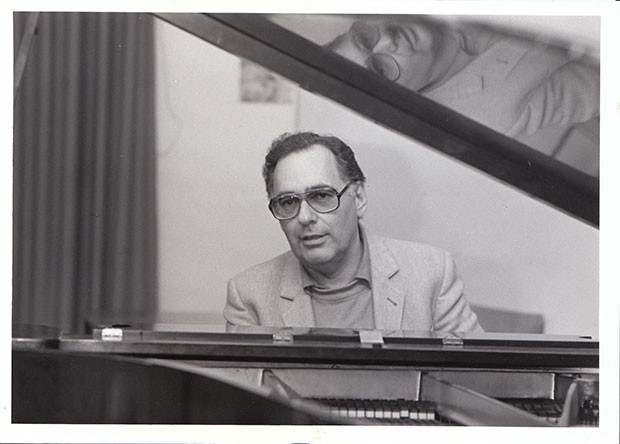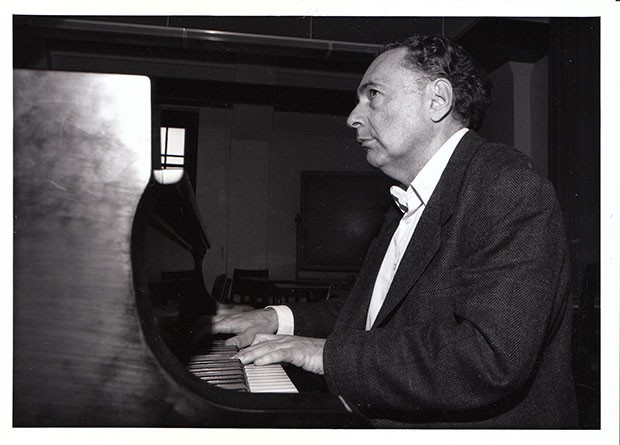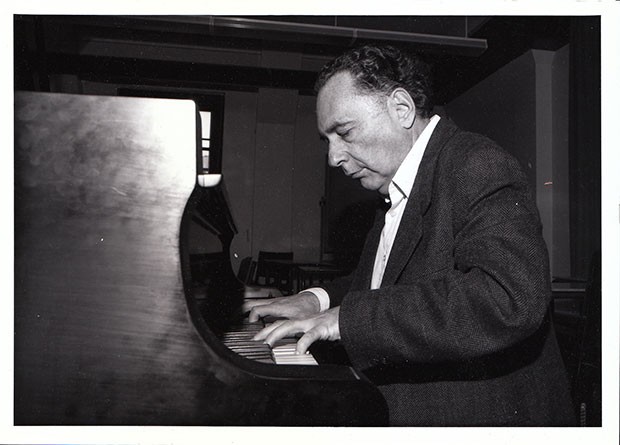Cohen had a distinguished career as teacher, coach, performance analyst and consultant to concert and performing artists throughout North America and Europe.
He served as consultant to various professional and academic programs, including the reorganization of the Conservatoire system in France, the Crossroads School for the Gifted (Los Angeles) and the University of California’s projected music program in Florence, Italy.
He travelled frequently to New York, Chicago and Los Angeles, working with many well-known concert and recording artists, grant recipients and prizewinners in national and international competitions. He counselled performers handicapped by injury, neuro-muscular and perceptual disabilities, anxiety and related performance “blocks.”
“He was able to tailor his teaching individually to each person so there was no one method that was good for everybody. It was just him and his way of seeing music, his way of doing that he tailored to the person and person's own artistic interpretation,” says Szpilberg.
He would work for months or years with musicians who had suffered physical injury or who wanted to take their performance to a higher level, helping them unlearn and relearn their relationship to their instruments.
"He was able to tailier his teaching individually to each person. He believed there was no one method that was good for everybody," says Szpilberg. "He worked with individuals according to each one's own way of seeing the music, helping them find their own voice and develop their own interpretation."
Austin remembers being in Cohen’s office at Concordia one day, while in a classroom about five meters away, a gifted student composer/pianist was working on a very difficult passage in a piece she was composing.
“She just couldn’t get all the notes right. A short while later, as she was leaving the classroom, Phil stepped out of his office and said, ‘Seems like you were having some difficulty.’ He asked her to go back to the piano and try again. She did. Same problem. He stood behind her and holding two fingers in the small of her back, and said, “Try again.” She played the passage perfectly.”
To this day, the student is amazed that he could listen to a composition he had never heard through two doors, determine her technical issue, and help her correct the problem.
Cohen's co-experimental “real time” explorations with major and aspiring performers into the art of creative variability brought a unified perspective to aesthetic, cognitive, biological and cultural foundations of complex human performance. Significantly, they provided insights into our nature as performing beings – insights that point the way to a new understanding of human potential in all walks of life.
“Timing the Invisible” Memorial in 2017




